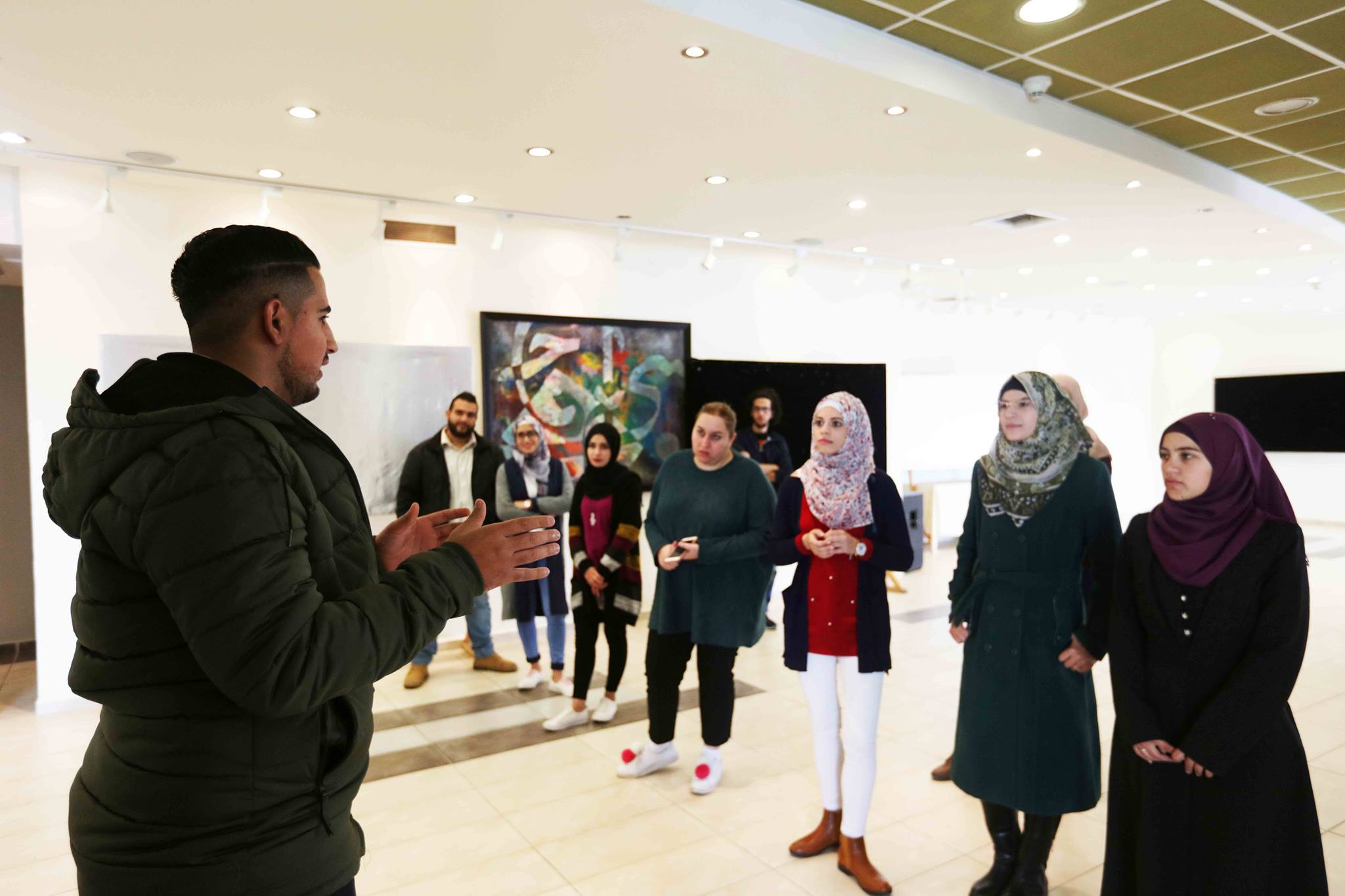
(Al Bireh - 27/11/2017): PRCS concluded at its headquarters in Al-Bireh a series of Psychosocial Health training courses with the participation of 90 university students. Held under the 1-year Psychosocial Support Plan, the courses focused on creating a team of volunteers capable of providing psychosocial support during emergencies, restoring psychological balance and building support networks to assist communities.
The Psychosocial Support Plan aims at providing psychological support during emergencies, especially in times of war and natural disasters. It is implemented by the Society’s Psychosocial Support Team which was trained to respond effectively to psychosocial needs. The Team offers First Aid, builds self-confidence, increases feelings of safety, reduces the incidence of severe psychological distress, helps restore social and cultural customs in areas affected by disasters, and contributes to psychosocial recovery.
According to Dr. Fathi Fleifel, Director of PRCS’ Resource Center, “the Psychosocial Support Plan aims mainly at helping Palestinians cope with their conditions and with the psychological impact of the occupation. It also contributes to enhancing psychosocial interventions during emergencies by offering people an array of services to safeguard their safety, dignity and rights. Both psychological health and physical health are very important in times of emergency to ensure personal balance. The Plan features four stages in which participants acquire basic skills, learn to respond to the needs of local communities in times of disaster, acquire practical experience that will help them find jobs, and learn to reduce people’s helplessness during crises”.
Aseel Youssef, a student at Birzeit University who is also a PRCS’ volunteer, said: “I used to be an introvert and it was difficult for me to socialize with other people. However, following my participation in this course and in other courses on communication skills, and my engagement in community awareness and emotional release activities, I changed a lot: I became more engaged in my community’s life and wanted to make change happen. My self-confidence increased as a result”.
Mou’awia Al Khatib, a PRCS’ volunteer who works at a private sector company, said: “It was thanks to PRCS that I found my job. I had enrolled in a training course on Psychological First Aid which turned out to be one of the conditions needed in my current job in which I help people affected by critical events. I have to listen to people, accept their feelings, boost their confidence and develop their skills to enable them to deal with hardships. Activities organized under the Psychosocial Support Plan taught me new things, polished my skills and increased my experience in dealing with people, especially with friends and family. All this had a positive impact on me and on people around me. I also believe that in order to change our society we need to start by changing ourselves”.
The courses covered an array of issues such as Psychological First Aid, self-care, effective communication, teamwork, awareness raising, self-protection and protecting others. It also featured a wide range of recreational and educational activities. Moreover, approximately 2500 people from the West Bank and the Gaza Strip benefited from Psychological First Aid activities carried out in the field by course participants.
End.